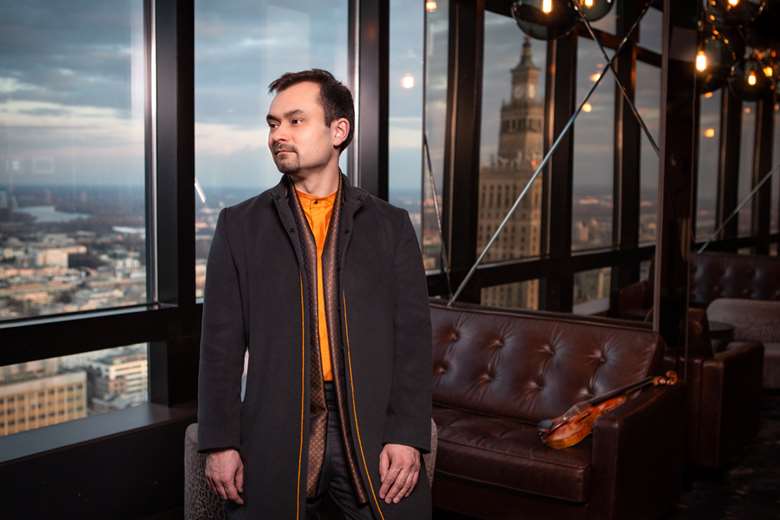Rising from the ashes of war
Simon Broughton
Tuesday, March 16, 2021
Janusz Wawrowski recreates Ludomir Różycki’s Violin Concerto

Register now to continue reading
Thanks for exploring the Gramophone website. Sign up for a free account today to enjoy the following benefits:
- Free access to 3 subscriber-only articles per month
- Unlimited access to our news, podcasts and awards pages
- Free weekly email newsletter








